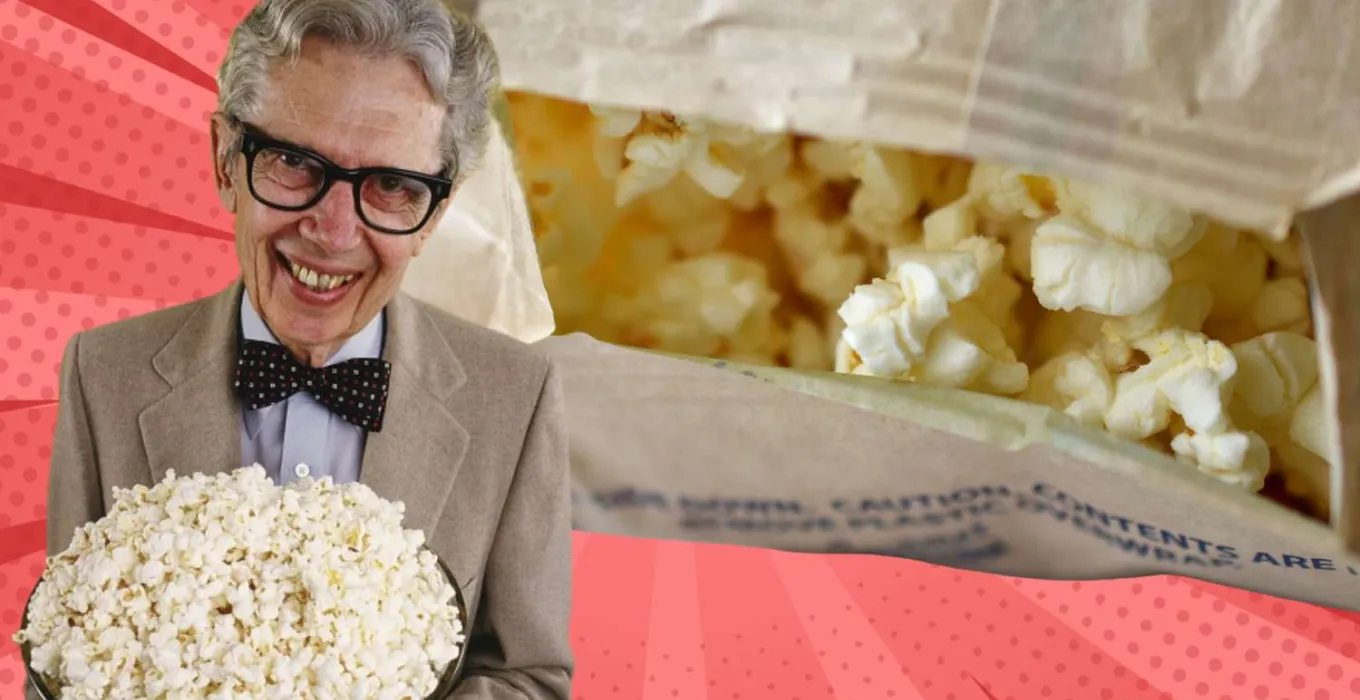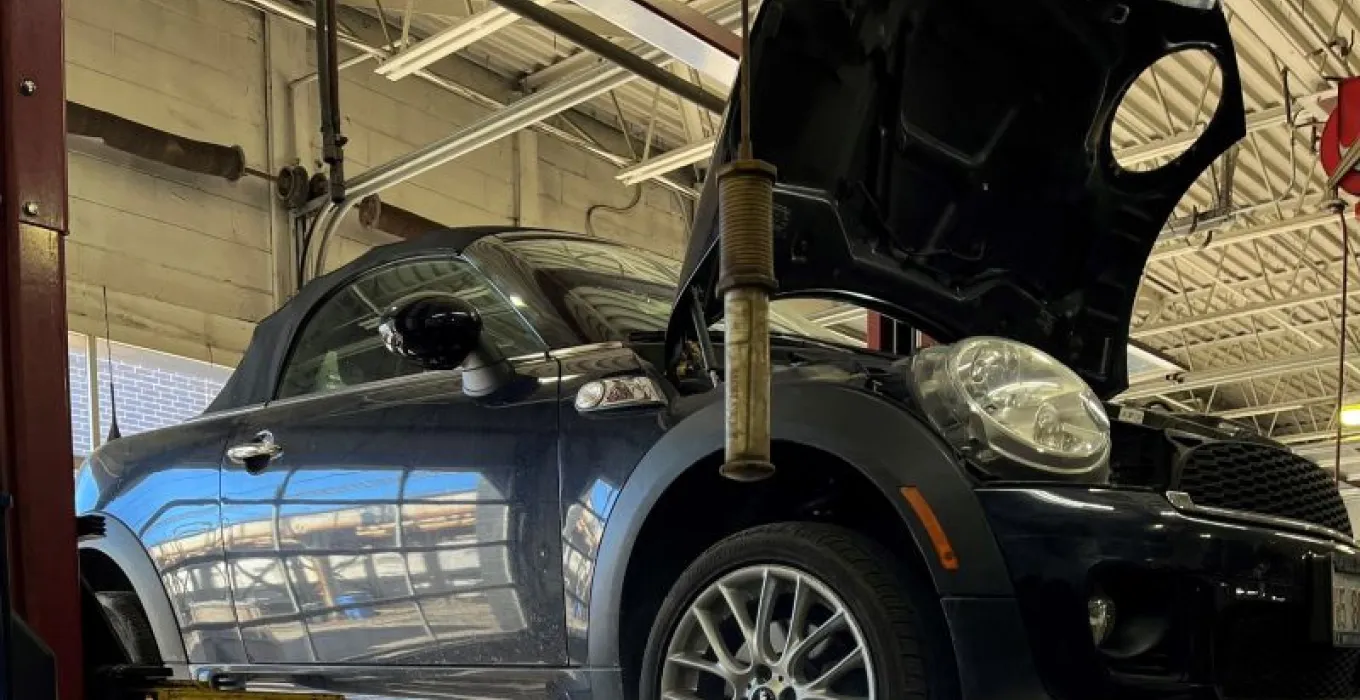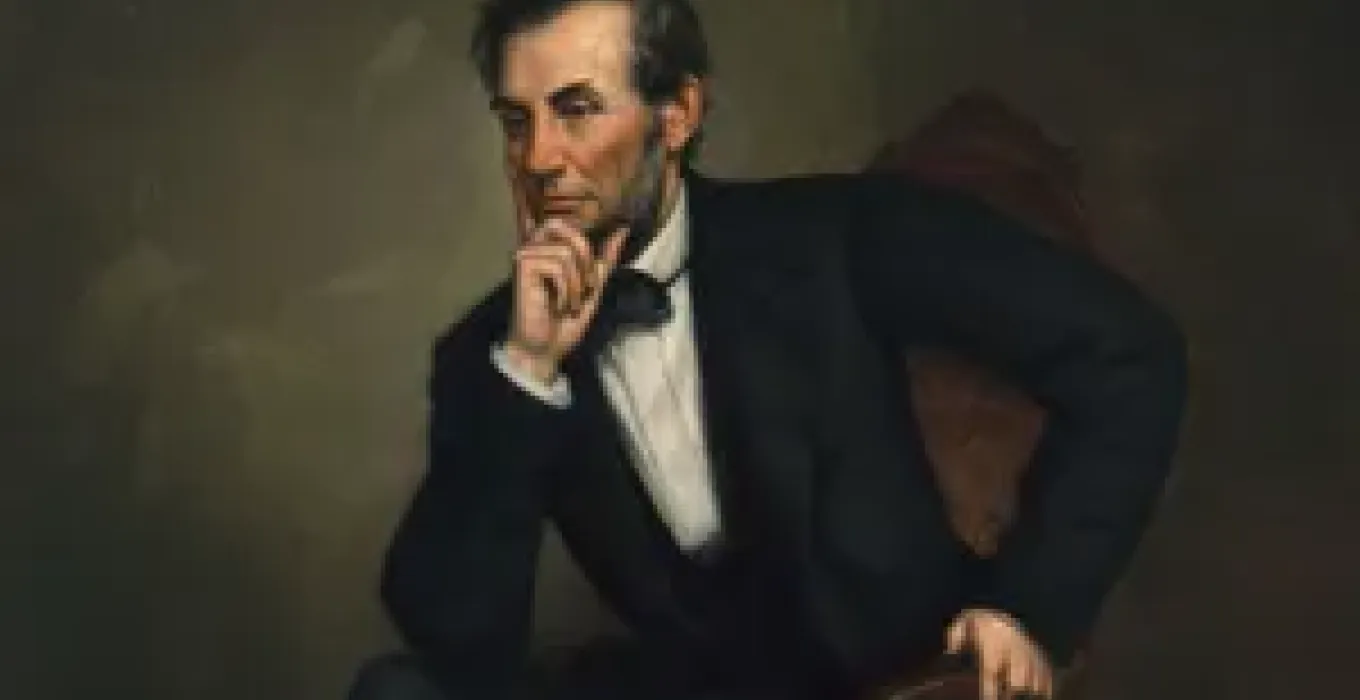Invisible People

Why can’t the man holding the sign that reads “help me pay for food” get even a glimpse from us as we pull out of the mall parking lot? Why don’t they spend this idle time seeking employment? Why are they so lazy?Dirty? They must be drunk and on meth half the time. They had the same opportunities that I did. What is wrong with them? They will probably use all the money people give them on cigarettes and booze.
Disgusting.
I can’t even look at them.
Wait-slow down!!! The homeless population is growing all around us. As I read about it and try to understand it more with my own limited immersion in their world, I tell myself a different, ever-evolving story. I have experienced volunteering at a few homeless shelters and food pantries. I have walked up to a few homeless people and had a conversation and given them a few bucks. Not all is as we may assume. One gentleman I talked to said he just needed a few bucks to put gas in the car he was living in.
What if I had a major medical event when I was 23 years old and without any cash or a relative to fall back on? Where would I have ended up? If I had grown-up in a highly dysfunctional, violent, drug-abused, and absentee parent environment, would I really have had the same opportunities as the rich kid who lives thirty blocks down from me?
How would I have labeled myself as a ten-year old if I had lived in a run-down rented motor home in a trash-infested trailer park? What thoughts would stay with me as the school bus picked me up there every day and my classmates ridiculed and shamed me for living in a situation beyond my control? Could I recover from that? Could I muster up enough confidence to apply for a job, after hearing from my father my entire life how useless I was?
We judge people. We make assumptions. We fear the homeless; will they hurt me? Do they carry a disease?
We sometimes assume that the homeless can and should rise above their difficult situations. What right do we have to judge where someone has been and how their life experiences have affected them and what they are or are not capable of? Maybe they never had a mentor, an involved parent, or access to mental health care. Maybe their early examples were drinking, drugs, abuse, murder and sex.
Who knows another person’s full story? I mentor a 6th grade student in a middle school, just hanging out with him and trying to open his eyes to a bigger world. This is a school of about 400 kids. The first day I met him, he told me that he thought he had seen me a few nights before, which of course startled me a bit. I asked where he thought he had seen me. He asked me if I was at the homeless shelter a few nights ago, and I mentioned that I was attending a “graduation” there (when a homeless client gets a job and a new apartment to graduate out of the shelter). Of the 400 kids in the school, I was assigned a boy who was staying at this very shelter with his dad. His mother was absent. I continue to meet with this student every week. He asked for some pants and t-shirts for Christmas. My heart melted. A smart, courteous, kind homeless boy. I am hoping he can rise above his circumstances. But who knows what other obstacles lie around the corner for him. Will I even make a difference?
My daughter is a Social Worker in the school system. Much of her time at the beginning of the school year is trying to locate students that don’t show up. The family situations she encounters are hard for many of us to even imagine. Not everyone has the same opportunities. Some suffer major setbacks because of their life experiences. They take another path, because they have lost hope in themselves and their circumstances, and there is no one there to help them.
We look the other way. We are better than them. Are we really?







